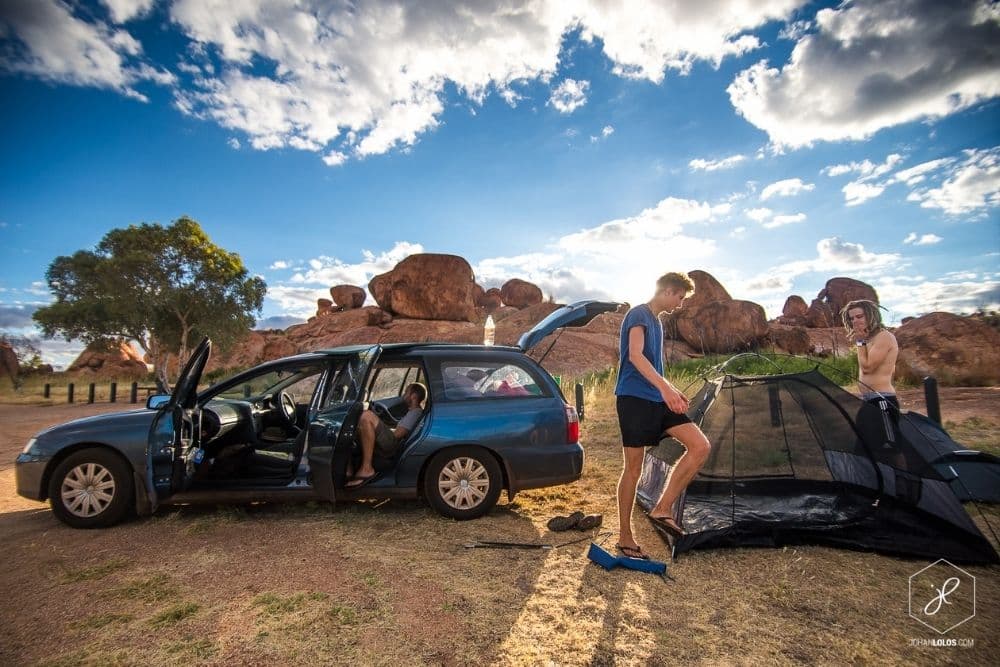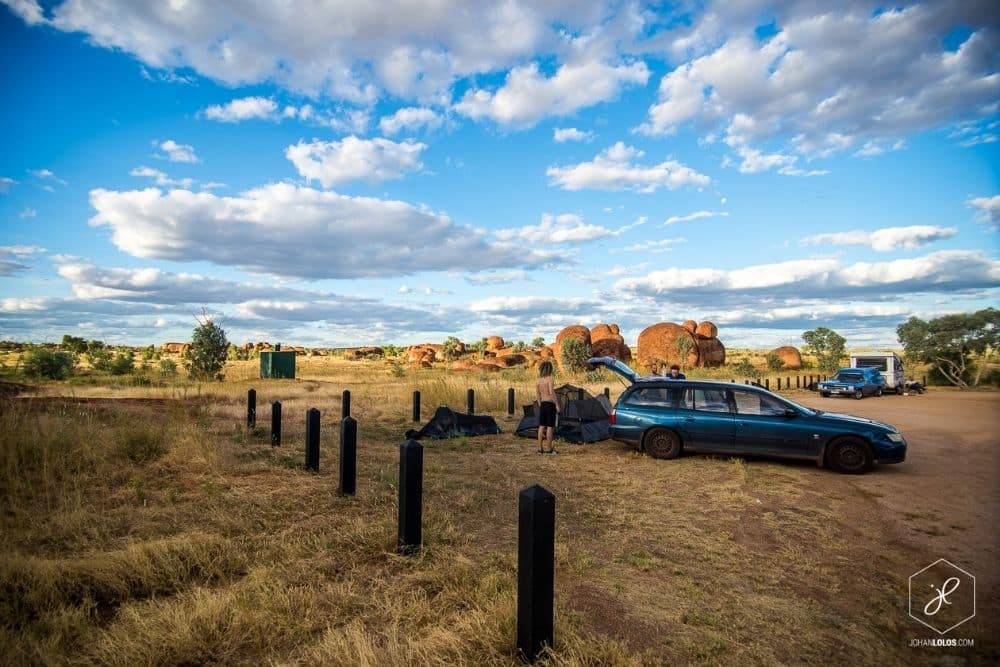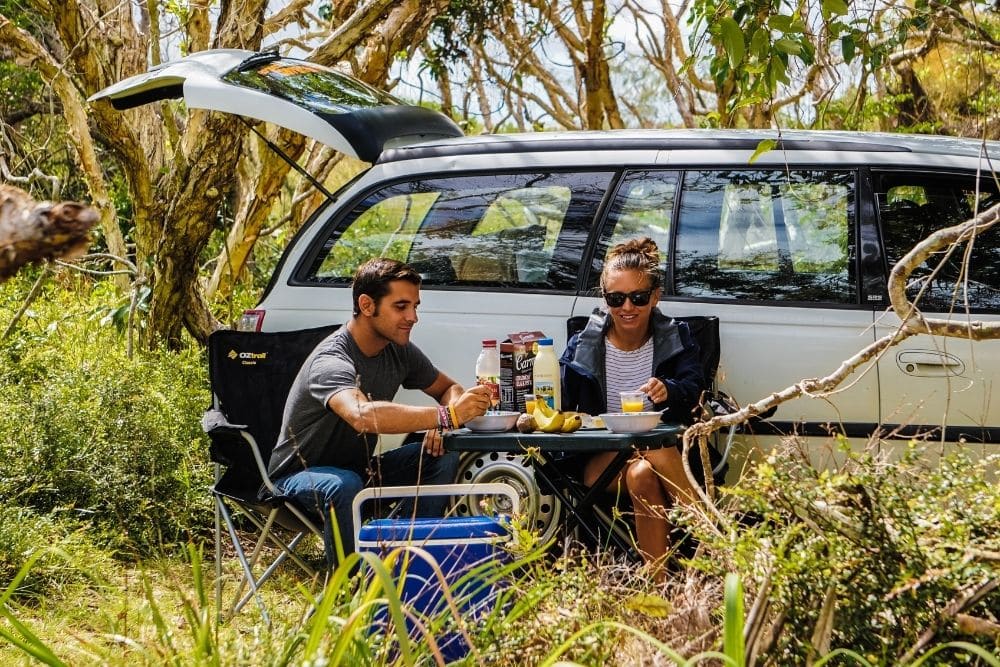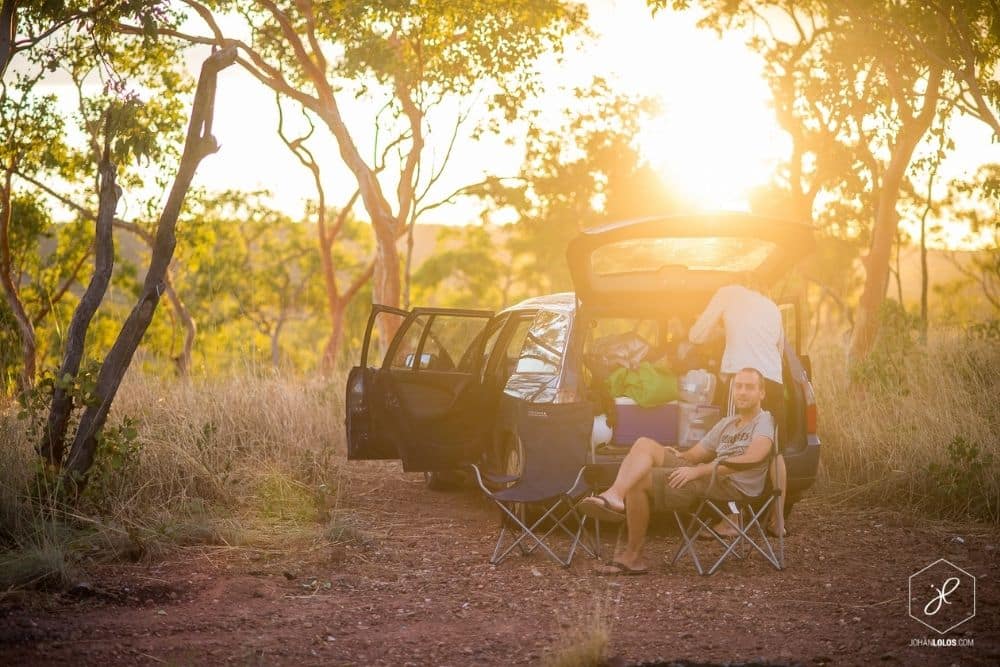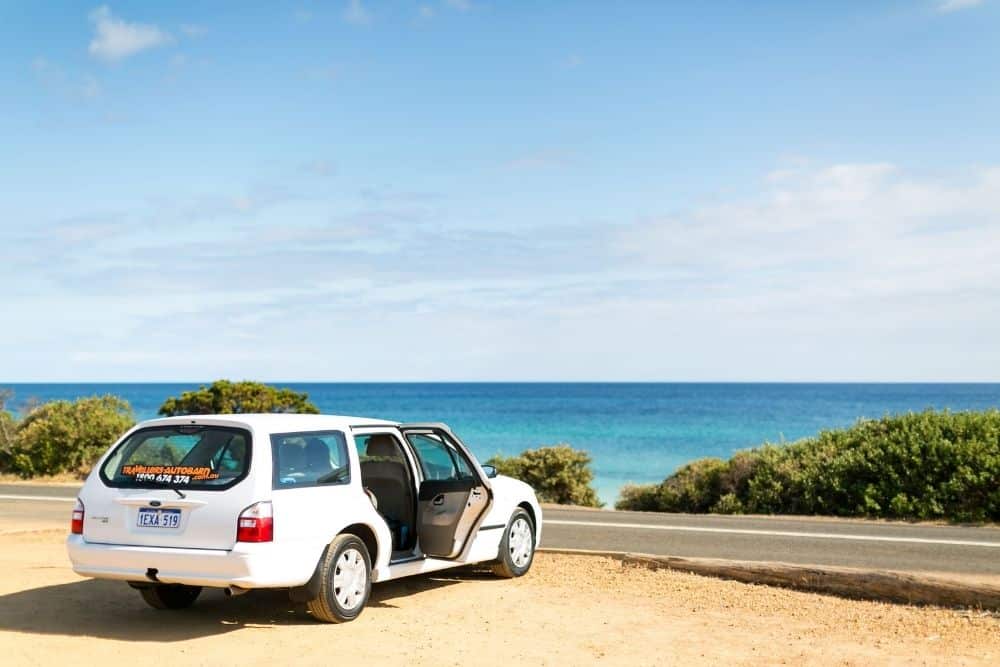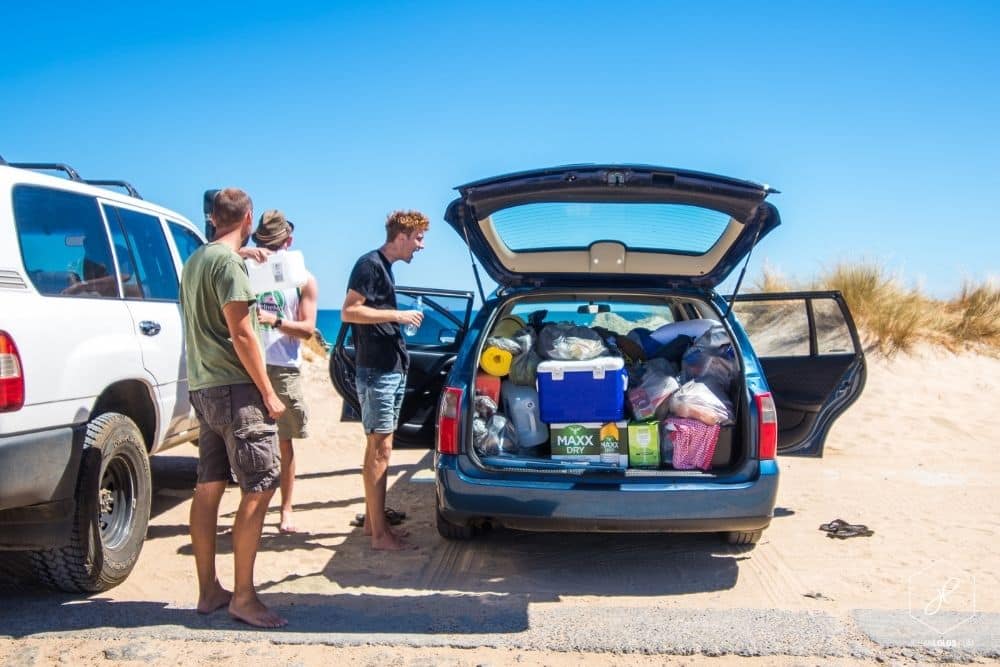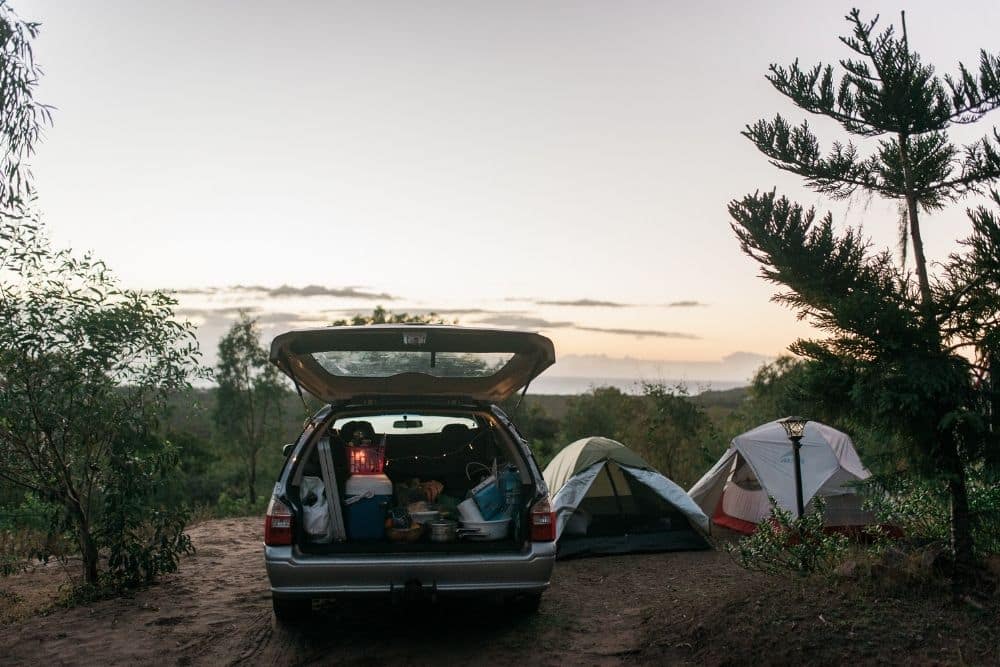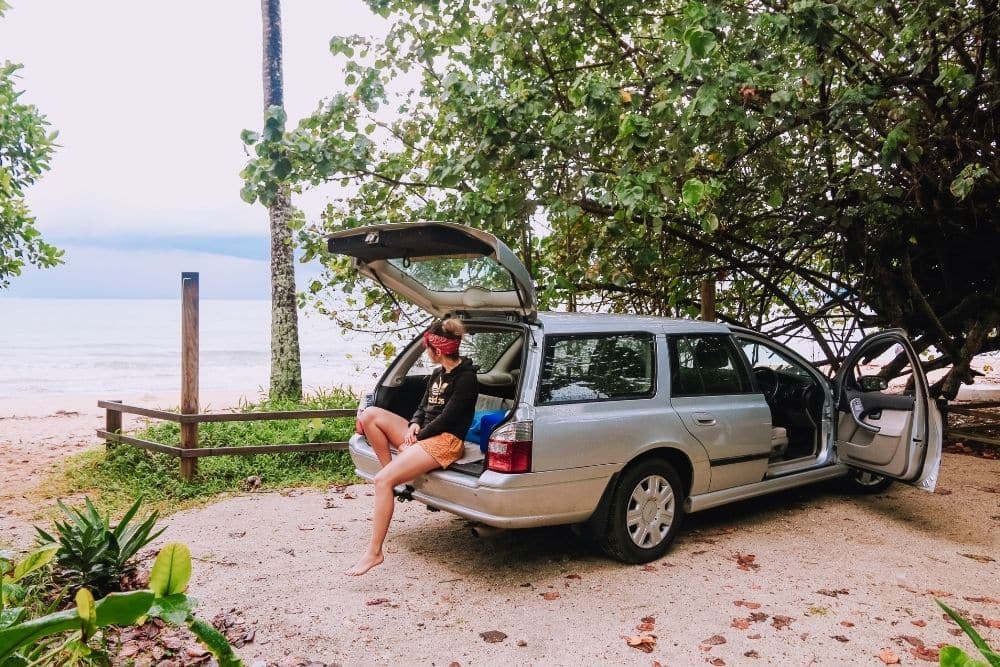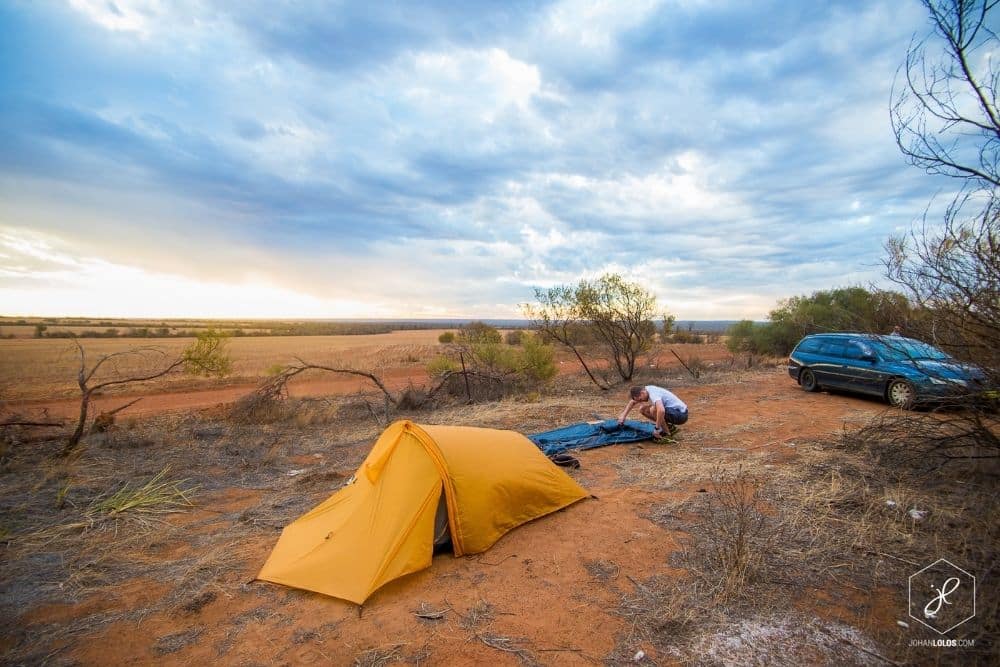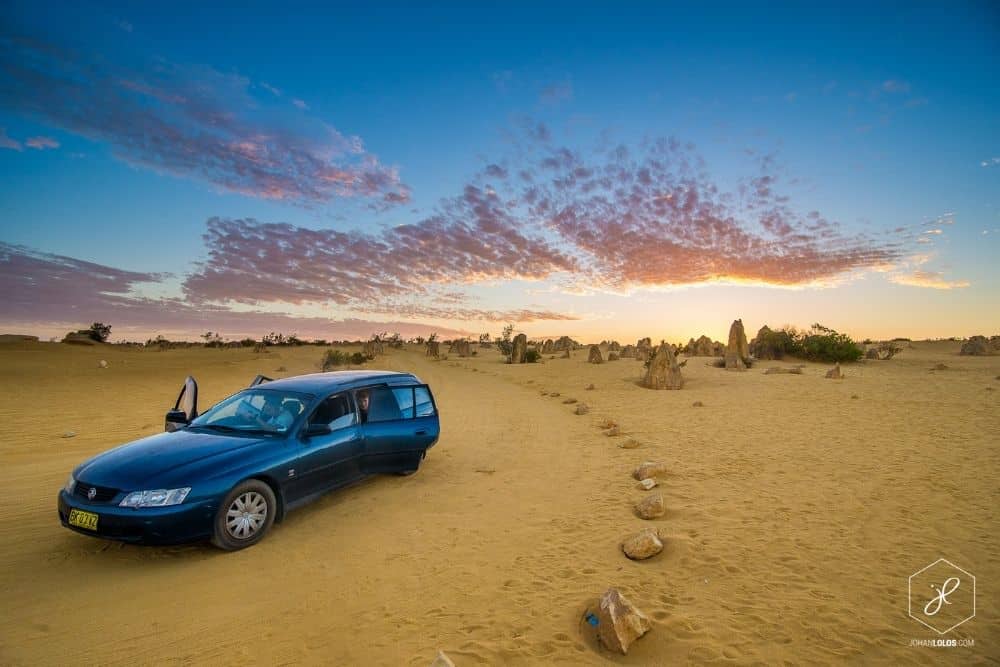When people think of Australia, the top thoughts that come to mind are sun, sea and an abundance of animals that can kill you. Now, it does have its fair share of deadly animals, but don’t panic, not all of them are out to get you, and the chances of getting hurt aren’t particularly high either.
The best advice is to never to touch an animal – even if it isn’t going to hurt you, there isn’t really ever a good reason to touch a wild animal.
Spiders
Spiders are probably the most feared creepy crawly – even in countries where they are not venomous. Australia’s got a rep for hosting some of the most dangerous spiders in the world, but this reputation fades in comparison to the stats: a death in April 2016 was the country’s first recorded spider-caused death since 1981. Most spiders if they bite you will just cause a bee like sting, and in fact there are more deaths from allergic reactions to bee stings than spider bites. The good thing is is that toxic spider bites can be treated easily by anti-venom at the hospital. Most spiders generally like to live in moist dark places, like under logs or in the shed, so just be mindful. The spiders you need to watch out for are:
- Funnel Web *
- Redback*
- Mouse spider*
- Trap door spider
- White tail
- Fiddleback
- Golden Orb
- Hunstman
*Bites from these spiders will require anti-venom
Funnel Web Spider
It’s worth adding that Huntsman are considered dangerous due to the accidents caused by drivers freaking out when one jumps out across the dashboard! These big boys are actually pretty handy to keep around the house
Marine Animals
Those who have snorkelled or dived places such as the Great Barrier reef, can testify how beautiful the marine life in Australia is. Although beautiful, we all know that the sea is home to some deadly creatures. A general rule of thumb in the sea is if you don’t know what it is, don’t touch it. Better advice would be to not touch anything at all. Most of the time you should be fine swimming in the sea but it’s good to be aware of what might be out there.
- Blue bottle jellyfish / Portugeuse Man – O – War
These little guys you may see plaguing coastal beaches in Australia, usually after strong easterly winds. Although their stings aren’t deadly they are pretty nasty and will cause some pain. If you get stung don’t rub the sting area, pick off any remaining tentacles with fingers, rinse the area in salt water and then submerge it in hot water. If symptoms persist, or you’ve been stung across the throat and face call 000.
Blue bottle jellyfish
- Blue ring octopus
This small octopus only grows to 15cm, but usually they are much smaller. They hide in rock crevices or dead shells in rock pools and the blue colours show on their body only when they become aggravated. The blue ring octopus is highly toxic and if it stings you will paralyse your voluntary muscles where you eventually die from breathing failure. Only two deaths by the blue ring octopus have been recorded in Australia and as retiring animals, they only bite if they are being harassed or poked. So, if you do happen to see one, just leave it alone and it won’t harm you.
Blue ring octopus
- Sharks
There’s a common misconception that shark attacks are a frequent occurrence in Australia, however the reality is that the chances of an encounter are still rare (the average fatal attack is one person a year). The best prevention you can take is to use your common-sense related to where you swim. Swim between the flags on patrolled beaches and stay in the shallow water if you want to take extra caution. Avoid swimming or surfing at dawn, dusk or night as this is the typical feeding time for a lot of sharks. If you hear the shark alarm on the beach make your way out as quickly as possible, and if you see one approaching you be ready to defend yourself. The most common effective method is gouging at its eyes which should disrupt its attack pattern, giving you more time to get away.
Great White Shark
- Box Jellyfish
The box jellyfish is considered the most venomous out of all the marine animals. It’s extremely venomous and they have caused more than 60 deaths in Australia in the last 100 years. Seek medical assistance if you are stung, resuscitation and further treatment may be required.
Box Jellyfish
Snakes
Australia is home to some of the most dangerous snakes in the world, 21 of the world’s 25 most deadly to be exact, but bites are actually pretty rare. The most common causes of snake bites are from drunk people picking up snakes, they’re generally harmless if left undisturbed. The most deadly snake is the common brown snake. Yep, that’s it’s actual name, just brown snake. And yes, it’s commonly found in Australia. They’re most active during the summer months, but generally pretty shy and will avoid humans. Like many other animals in Australia they will only bite in defence, so stomp loudly if walking through bushland to give them time to snake away. Don’t let sharks deter you against swimming the sea, because as mentioned earlier, encounters are still a rarity!
Brown Snake
Crocodiles
Crocodiles are the biggest reptile species in the world, weighing up to a tonne and measuring up to six metres long. They’ve got incredibly strong jaws filled with around 68 sharp teeth, so yeah you don’t wanna be bitten by one of these. Crocodiles are only found across the northern tip of Australia in parts of Northern Territory, Western Australia, and Queensland) and only found close to the coast. There was even a massive war on crocodiles between 1945 to 1971 which was stopped when they became an endangered species, hitting a low of around 3000, and hunting was banned and has been ever since. Now there are approximately 150,000, which some feel is too much and often crocs have to get relocated as they wander into towns such as Darwin. The best thing to do is not go in the water if there are crocs around. There aren’t always signs warning you, but just do your research prior and you’ll know if you’re in an area where they live or like to roam. If in doubt, don’t go in as the fatality rate in Australia for attacks is 30.4%, averaging at 0.8 fatalities a year.
Salt Water Crocodile
So yes, Australia does have its fair share of deadly animals! But don’t fear, attacks from these animals are rare, and definitely don’t let it put you off from a campervan road trip!
Come and explore Australia with Travellers Autobarn. Don’t forget to check out our latest deals & specials on campervan hire in Australia.
We’ve got many more Family Travel Tips to read and inspire you on your next adventure, come and explore.
About the Author
Bastian Graf
Bastian is the Sales & Marketing Manager here at Travellers Autobarn. He holds a Master of Commerce in Marketing and International Business Management, and 20+ years experience in campervan hire, road trips and travel.




















































































































